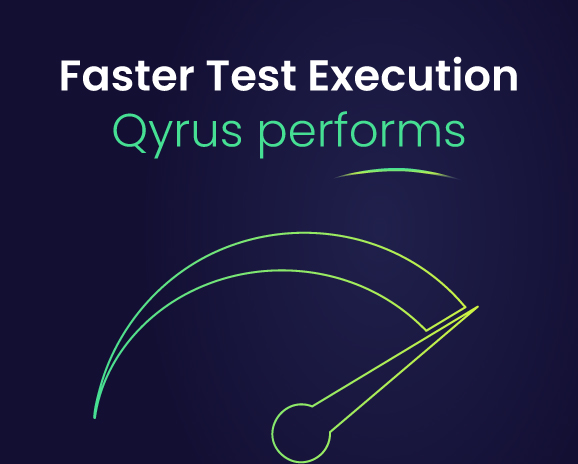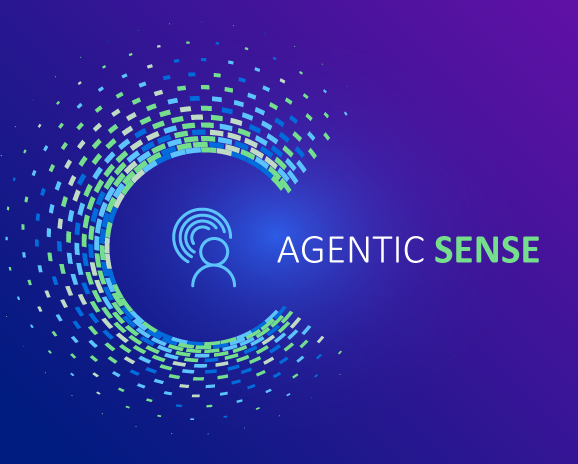4,500 Unique Test Cases in 3 Months: A Waste Management Success Story
Annie Leonard, Executive Director of Greenpeace USA, famously said, “If we throw something away, it has to go somewhere.” Waste management companies work day in and day out to make that happen. Many companies in the USA use advanced software to manage tasks efficiently. These tasks include collections, waste disposal, logistics, inventory, and supply chain distribution. Bugs, when present, can cause this intricate web of systems to completely break down, impacting both customer service and the health and safety of communities.
With over 50,000 employees and 15.2 billion in revenue, the client is a Fortune 500 North American leader in garbage collection, recycling pickup, and waste disposal services with extensive requirements in field service monitoring and organization (collection trucks and drivers), inventory management (garbage & recycling centers), and supply chain distribution and logistics. The company adopted a digital transformation dependent on API technology to make their workflows seamless.
This waste management case study is the success story of how the company leveraged automated API software testing to help with it and the corresponding test automation ROIs.
The problems
Behind the success story of every company is a long list of problems the company addressed. This one had three major software testing issues across two of its applications – an e-commerce application and an internal business application.
- Outdated manual testing approach
Revamping both the e-commerce application and the internal business process application meant that there would be a net increase in the total number of API endpoints. Furthermore, since the company was using manual testing processes, it would have to spend extensive time and testers to validate the applications. - Poor test coverage
Given the time it would take to test the application APIs individually, the company was forced to limit test case coverage to reduce the resource spend and deliver critical releases on time. - API defects
Lack of automation coupled with poor test coverage meant that bugs and inconsistencies appeared throughout applications across different environments. Rectifying these bugs was not only costly but also reduced the speed to market.The waste management company needed an intuitive, codeless, and automated solution to simplify testing in the initial stages of the development process and facilitate effective sprint cycles to speed up time to market and lower costs. In the next section of this waste management case study, we explore how the company effectively solved all these problems through a test automation solution.
The solution
The company improved its software testing process for its e-commerce application and internal business processes application by implementing Qyrus’ automation testing software, a simple, smart, and scalable testing solution. Through implementing the tool, the company witnessed:
- Expanded test coverage
With Qyrus, the waste management company developed tests for validating the applications end-to-end quickly across browsers, devices, and OS combinations. Furthermore, they facilitated mobile testing using a large variety of custom devices as well.
The company also monitored the success of these tests through robust visual and data-driven reporting and facilitated an inside-out service journey by enabling natural progression. Through these efforts, the company managed to increase its test coverage by 10x. - Improved test execution time
The company successfully built hundreds of API-led workflows focused on dynamic data transfer and validation. It also automated the testing of regression suites through Jenkins, further improving test execution time and repurposing functional tests into performance tests. The effect? Test automation ROIs like 4,500+ tests in less than 5 minutes and a 50% decrease in execution time. - Enhanced release quality
The company made it a point to rigorously test their applications before release, effectively testing 80+ applications and validating 400+ endpoints. This is how it was able to deliver applications with zero bugs over a 24-month period with Qyrus.
The Impact
This waste management case study is the success story of how the company efficiently automated its testing practices with Qyrus.
The test automation ROIs for the company were as follows:
| 50% decrease in execution time |
| 10x increase in coverage |
| Zero API bugs leaked into QA and Production over 24 months |
Through Qyrus, the company was able to successfully expand its test coverage and improve its testing processes. This translated to a better user experience for customers and company executives.





